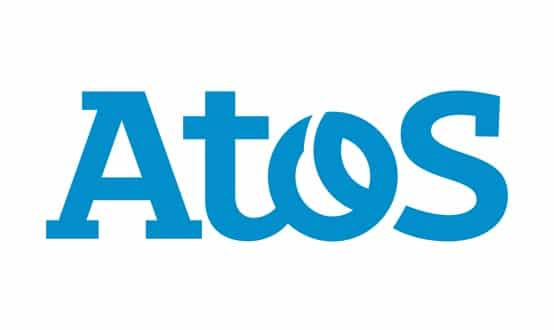Cerner predicts more FT contract wins
- 3 August 2009
Cerner expects its annual UK turnover to rise by around £25m, to as much £61m, as more NHS foundation trusts select its electronic record software and it collects revenue from the National Programme for IT in the NHS.
Cerner, which provides its Millennium software in London and parts of the South under local service provider BT, said it anticipates further contract wins from activity outside the programme and an increase in annual turnover from between £30.7m-£35.4m to £53.8m-£61.1m.
Trace Devanny, Cerner’s president, said: “I think the activity around clinical systems outside the programme have been focused in our direction. We think that will only continue with the good performance around execution between now and the end of the year.”
He also said that the company’s software is used “in active projects” at more than 20 trusts which between them represent about 10% of all beds in England’s NHS.
The company says that it still expects to get fully paid for “billed and unbilled receivables related to the Fujitsu contract that represents 10% of total receivables" – equating to approximately £27m.
In a webcast revealing the company’s second quarter figures, Devanny also said: “We are moving forward with BT in the South and also continue to be the preferred supplier for NHS foundation trusts as they contract Cerner for additional capability and capacity.”
Devanny named Royal Berkshire NHS Foundation Trust, which recently went outside NPfIT to contract the University of Pittsburgh Medical Centre to deliver Cerner’s EPR, as the “newest recruit” to its “volume of work.”
The Cerner president went on to say that the company was well placed to win further business in England.
“We think we have the most robust set of solutions, and I think the activity around clinical systems outside the program have been focused in our direction. We think that will only continue with the good performance around execution between now and the end of the year.”
Despite the stalled implementation of Cerner Millennium in London – following serious problems at The Royal Free Hampstead NHS Trust and Barts and the London NHS Trust – Devanny said: “The acute space in London will continue to progress with new developments and upgrade activity scheduled for the second half of the year.”
Devanny said that Cerner’s “Method M” engagement and implementation model will have a positive impact for trusts, in particular clients like Kingston and Newcastle, which are due to go live later this year.
Cerner also says that it expects to receive payments from Fujtsu. “While we still do not know the exact timing of when Fujitsu and the government will unwind their contract allowing us to finalise items with Fujitsu, we currently expect to fully collect these receivables,” said Devanny.
In April 2008, Fujitsu had its LSP contract for the South ended, after installing Cerner at eight acute trusts. The ex-LSP is now in dispute with the Department of Health and seeking compensation.
The contract, now being disputed with the DH, covered Fujitsi installing Cerner at another 29 acute trusts and 21 community trusts. Under a new deal with BT, Cerner is meant to install the software at just four more sites.
During the webcast, Marc Naughton, Cerner’s chief financial officer revealed that Cerner currently receives around £36m a year from the national programme.
Furthermore, he said that there was an increase in sales in the US, with net profits rising 25% in the second quarter from £26.7m, compared with £21.6m last year.
Link:
Cerner second quarter results webcast




